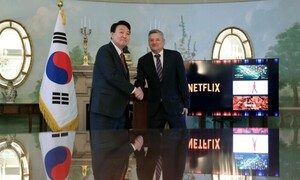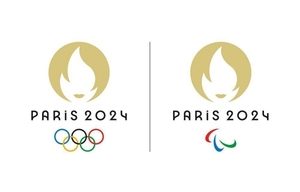
The BTS Song With A Choreography So Difficult, Even J-Hope Finds It “Insane”
2023년 07월 19일
8 Highly-Anticipated K-Dramas Set To Air In August 2023
2023년 07월 19일[ad_1]
The first couple of chapters of many popular culture theory books are devoted to the Frankfurt School. The Frankfurt School refers to a group of Marxists who gathered at the Institute for Social Research at Frankfurt University, which celebrated its 100th anniversary this year.
The Social Investigation Institute, which focused on the capitalist economy and labor movement history in the early days of its establishment, stood out in earnest in 1930 when Max Horkheimer took over as director. He criticized Germany’s progressive parties at the time for being overly ‘economist’. While capitalism was perpetuating and Germany was falling into totalitarianism due to Hitler’s propaganda and agitation, the Frankfurt School paid attention to culture, not the economy, which ‘orthodox’ Marxism regarded as gold and jade, for social transformation.
In particular, as the ‘cultural industry’ has been set as a target of criticism, Horkheimer and co-author Theodor Adorno argued in
The reason why popular culture theory books start discussions from the Frankfurt School is that they not only systematized popular culture theory for the first time in fact, but also regarded it as a key symptom of a social crisis, and found a solution in the field of popular culture. At the same time, the Frankfurt School, which denigrated popular culture for being overly elitist and Eurocentric, instilled resistance from subsequent researchers who loved popular culture and encouraged challenging research. In the midst of elaborating the enjoyment enjoyed by ordinary people in popular culture and revealing alternative desires and hopes that can be obtained by bypassing industrial logic, popular culture is not mass culture, but our culture despite various contradictions and problems. (popular culture).

However, it is not easy to assert how much popular culture has deviated from the ‘cultural industry’ when looking at reality outside of popular culture theory books. Recently, President Yoon Seok-yeol cited Netflix’s attraction of 3.3 trillion won in investment over four years as one of the major diplomatic achievements he made after visiting the United States. The President’s Office commented, “The content industry will have a significant effect on domestic industries and product exports while raising the national image.” In this kind of awareness, the boundary between culture and industrial products is blurred.
The authors of
It is unclear whether there is a clear cause-and-effect relationship between popular culture, which is dominated by industrial logic and produces similar pleasures, and totalitarianism in society. But at least a correlation can be pointed out.
Recently, Korean popular culture stories have been excessively focused on Netflix. It seems impossible to talk about popular culture without mentioning Netflix, which is aimed at paid subscribers. Even I have filled this space with Netflix several times. Positive and criticism should be distinguished, but pop culture discourse that is biased towards Netflix does not seem very healthy.

The Frankfurt School regarded the ‘cultural industry’ as ‘enlightenment as public deception’, but the weight of the words still remains. That’s why our pop culture, guided by the cool and flashy Netflix, doesn’t look so optimistic.
[ad_2]




